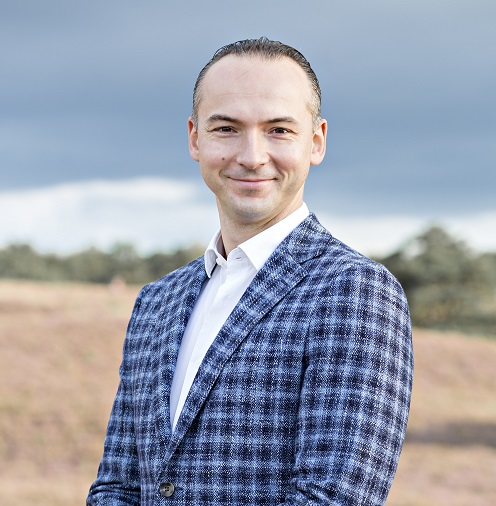IMPACT COURSE: learning to utilise knowledge
On 9 May, Maastricht University launched its first IMPACT COURSE: an exclusive course about societal impact of research and knowledge utilisation. The UM wants to create awareness among its researchers about social impact of research and the opportunities of knowledge utilisation through this course, and how to realise more impact with their research. The IMPACT COURSE is interdisciplinary, which means that participants come from all UM faculties, including from the MUMC+ and Zuyd Hogeschool. This stimulates collaboration between faculties and knowledge institutes. The approach is hands-on and the end result of the course is a concrete plan for the utilization of the participants’ own research.
Three objectives
Knowledge utilisation is – besides education and research – the third core task of the UM. It focuses on three objectives: the development or improvement of new products, services and processes with an economic target (knowledge exploitation), the application of research results in the public and social domain, such as education, care, and culture, and the communication about science, for example media presentations, interviews, expert panels and lectures.
Hands-on
In the IMPACT COURSE participants learn how they can eventually translate their research results to concrete economic or societal relevance. The course consists of two substantive modules and three hands-on modules. The participants acquire knowledge not only about intellectual property, collaboration and entrepreneurship, but also about the use of science communication. Supported by the UM department of Marketing & Communications they learn to write teasers about their research and to present these in a pitch. Both during and after the course the Knowledge Transfer Office (KTO) staff in collaboration with colleagues from Brightlands will organize follow up actions to realise the impact plans.








Photography: Philip Driessen
Positive development
In the first module, rector Rianne Letschert discussed her own experience of knowledge utilisation in her role as researcher: “When I conducted my PhD research, nobody asked about its impact. That has changed over the past ten to fifteen years. This is a positive development, because it had added value for my work. I am now much more aware of the relevance of involving parties from outside academics at an early stage in drafting new research ideas. I also started to enjoy science communication that helps me bring across my passion for research and education to a wider audience and to interpret the social debate on themes of which I have expert knowledge.”
Course participants react positively to the first meeting:
“This course will teach me to better explain what the value of my research is for society.”
“The interfaculty setting allows me to meet researchers from other disciplines. That teaches me to look at my research from another perspective.”
Societal impact
The IMPACT COURSE is conceived and developed by Ivo George of KTO, the UM department that supports researchers in alpha and gamma sciences in utilising their knowledge on behalf of society. Jan Cobbenhagen, director of KTO: “With this course we offer our scientists concrete tools to translate research to concrete contributions to dealing with social issues. Realising social impact is leading in this process. And where possible we will also strive for a fair financial return.”

For more information about the programme, please contact Ivo George via i.george@maastrichtuniversity.nl.
Also read
-
The UM Green Office supported the FASoS, SBE, and Law Green Teams these past several weeks during their 3 Sustainability Days. While recapping the 3 previous days, we invite students and employees from all faculties to consider attending our remaining 3 days with FPN, FSE, and FHML and our...
-
It is a problem that will not disappear with a one-size-fits-all solution, says NUTRIM professor Gijs Goossens in L1 interview.
-
Interview with Dr Zlatan Mujagic, MUMC+ gastroenterologist and liver physician. An international research consortium, including NUTRIM researcher Zlatan Mujagic, has investigated the effects of stress on the gut.
